In the relentless pursuit of captivating audiences and driving sales, content creation has become a cornerstone of modern marketing. However, the demand for high-quality, engaging content is often overwhelming, placing immense pressure on marketing teams. This is where artificial intelligence (AI) steps in, offering a transformative solution to automate the generation of marketing materials and product descriptions. AI-powered tools are reshaping the content creation landscape, enabling businesses to produce compelling content at scale, enhance personalization, and optimize their marketing efforts.
Understanding AI in Content Creation
AI in content creation leverages machine learning, natural language processing (NLP), and deep learning to automate various aspects of content generation. These tools can analyze vast datasets, understand language patterns, and generate human-like text, images, and videos.
Key AI Technologies Used in Content Creation
- Natural Language Generation (NLG): NLG algorithms convert structured data into human-readable text, enabling the automated generation of product descriptions, reports, and marketing copy.
- Machine Learning (ML): ML algorithms learn from existing data to identify patterns and generate new content based on those patterns. This enables the creation of personalized content and targeted marketing materials.
- Deep Learning (DL): DL models, especially recurrent neural networks (RNNs) and transformers, can generate highly sophisticated text and images by understanding the context and nuances of language.
- Image and Video Generation: AI tools can generate realistic images and videos, reducing the need for traditional photoshoots and video production.
Automating Marketing Materials with AI
AI can automate the generation of various marketing materials, streamlining the content creation process and boosting efficiency:
- Social Media Content: AI tools can generate engaging social media posts, captions, and even entire campaigns, tailored to specific platforms and target audiences.
- Email Marketing: AI can personalize email subject lines, body copy, and call-to-actions, increasing open rates and click-through rates.
- Advertising Copy: AI can generate compelling ad copy for various platforms, optimizing for keywords, ad formats, and target demographics.
- Blog Posts and Articles: AI can assist in generating blog post outlines, drafts, and even full articles, accelerating content creation and improving SEO.
- Video Scripts and Storyboards: AI can generate video scripts and storyboards, simplifying the video production process and enhancing storytelling.
Enhancing Product Descriptions with AI
Product descriptions are crucial for driving sales and informing customers. AI can automate the generation of detailed and persuasive product descriptions, improving conversion rates and customer satisfaction:
- Automated Generation: AI tools can generate product descriptions based on product attributes, specifications, and customer reviews.
- SEO Optimization: AI can optimize product descriptions for relevant keywords, improving search engine visibility and driving organic traffic.
- Personalized Descriptions: AI can generate personalized product descriptions based on customer preferences, purchase history, and browsing behavior.
- Multilingual Descriptions: AI can translate product descriptions into multiple languages, expanding reach and catering to global audiences.
Benefits of AI in Content Creation
- Increased Efficiency: Automating content generation frees up human resources, allowing marketers to focus on strategic initiatives.
- Scalability: AI enables businesses to produce large volumes of content quickly and efficiently, meeting the demands of modern marketing.
- Personalization: AI can generate personalized content tailored to individual customer preferences, enhancing engagement and conversion rates.
- Cost Reduction: Automating content creation reduces the need for expensive human resources and external agencies.
- Data-Driven Insights: AI tools can analyze content performance and provide valuable insights for optimizing marketing strategies.
- Improved Consistency: AI ensures consistent brand messaging and tone across all marketing materials.
Challenges and Considerations
- Maintaining Authenticity: While AI can generate human-like text, it may lack the creativity and emotional intelligence of human writers.
- Data Quality and Bias: The accuracy of AI-generated content depends on the quality and diversity of the data used to train the models. Biased data can lead to biased content.
- Ethical Concerns: Issues related to plagiarism, copyright infringement, and the potential for AI to generate misleading content must be addressed.
- Integration Challenges: Integrating AI tools into existing content management systems and workflows can be challenging.
- The Need for Human Oversight: AI-generated content still requires human review and editing to ensure accuracy, relevance, and brand consistency.
The Future of AI in Content Creation
The future of AI in content creation is bright. As AI technology continues to advance, we can expect to see even more sophisticated and1 creative AI tools. The integration of AI with other technologies, such as augmented reality (AR) and virtual reality (VR), will create immersive and engaging content experiences.
Conclusion
AI is transforming the content creation landscape, enabling businesses to automate the generation of marketing materials and product descriptions at scale. By leveraging the power of AI, businesses can enhance efficiency, personalization, and overall marketing effectiveness. However, it’s crucial to address the challenges and ethical considerations associated with AI-generated content. By combining AI with human creativity and oversight, businesses can unlock the full potential of AI in content creation and drive significant improvements in their marketing efforts.
Frequently Asked Questions (FAQs)
- What is AI in content creation?
- AI in content creation refers to the use of artificial intelligence technologies to automate the generation of various types of content, including text, images, and videos.
- How does AI generate marketing materials?
- AI tools use natural language generation (NLG), machine learning (ML), and deep learning (DL) to analyze data and generate human-like text and visuals.
- Can AI create product descriptions?
- Yes, AI can automate the generation of product descriptions based on product attributes, specifications, and customer reviews.
- What are the benefits of using AI for content creation?
- Increased efficiency, scalability, personalization, cost reduction, data-driven insights, and improved consistency.
- What are the challenges of using AI in content creation?
- Maintaining authenticity, data quality and bias, ethical concerns, integration challenges, and the need for human oversight.
- How can AI personalize marketing content?
- AI can analyze customer data, preferences, and behavior to generate personalized content tailored to individual needs.
- What is natural language generation (NLG)?
- NLG is an AI technology that converts structured data into human-readable text.
- Can AI create visual content?
- Yes, AI tools can generate realistic images and videos using generative adversarial networks (GANs) and other advanced techniques.
- How can AI improve SEO in product descriptions?
- AI can optimize product descriptions for relevant keywords, improving search engine visibility and driving organic traffic.
- What are the ethical considerations related to AI-generated content?
- Issues related to plagiarism, copyright infringement, and the potential for AI to generate misleading content.
- What is the role of human oversight in AI content creation?
- Human oversight is crucial for ensuring accuracy, relevance, and brand consistency in AI-generated content.
- How can businesses integrate AI tools into their content workflows?
- Businesses can integrate AI tools through APIs, plugins, and specialized content creation platforms.
- What is the future of AI in content creation?
- The future holds more sophisticated AI tools, integration with AR/VR, and the creation of immersive content experiences.
- How can AI help with multilingual content creation?
- AI can translate content into multiple languages, expanding reach and catering to global audiences.
- What are the cost implications of implementing AI in content creation?
- While initial investment costs may be significant, long-term benefits include reduced labor costs and increased efficiency.



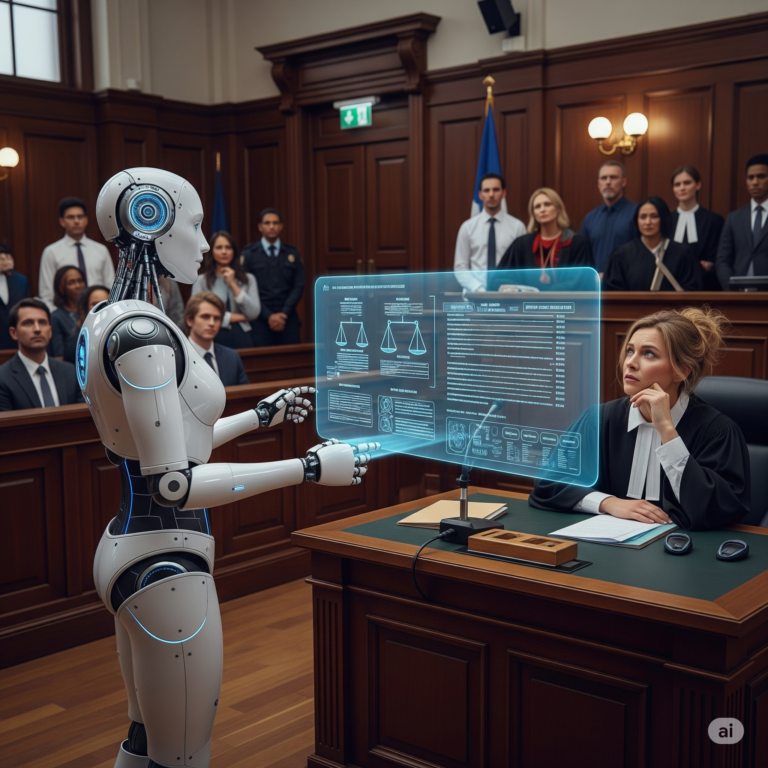
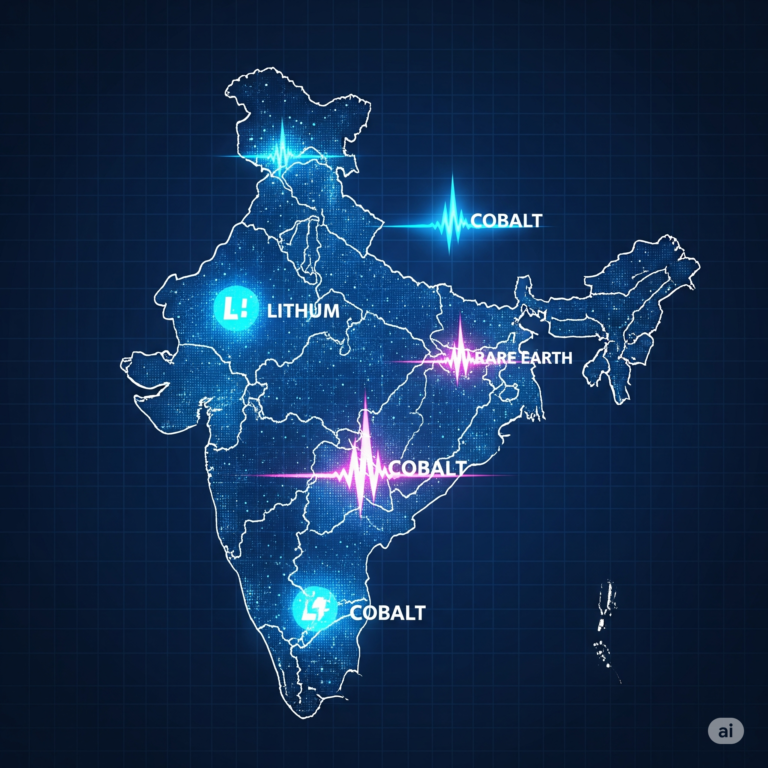
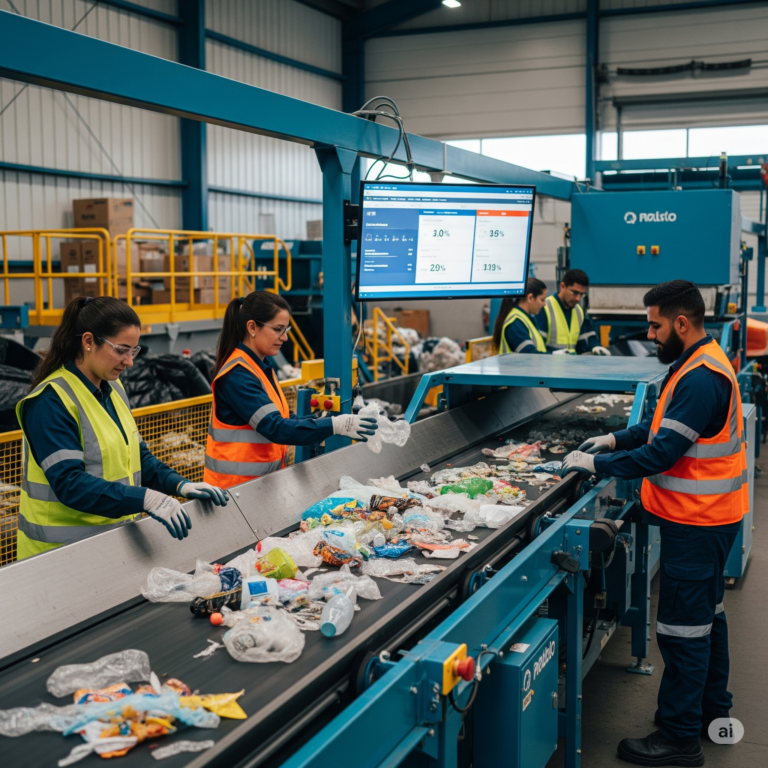
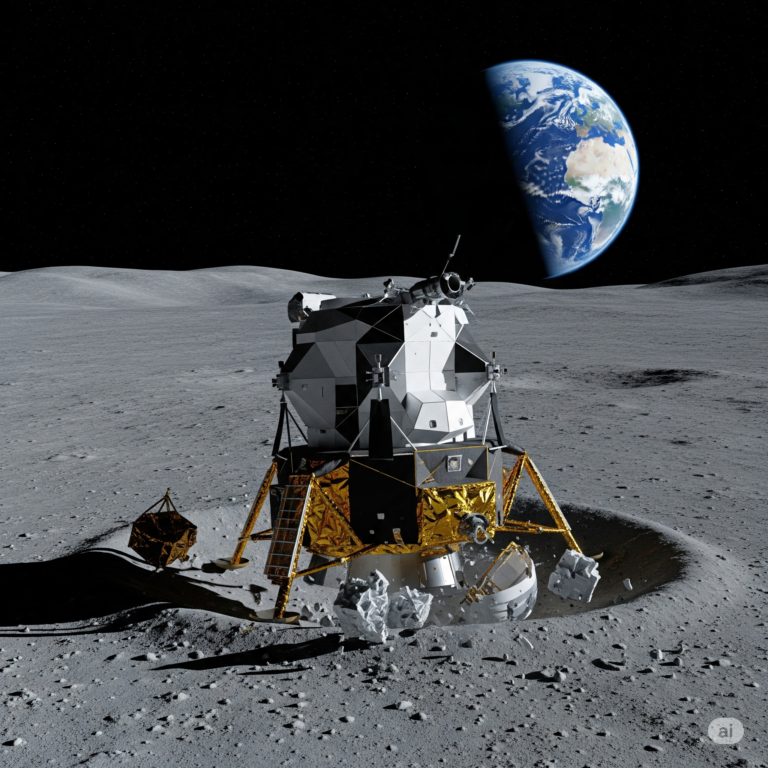




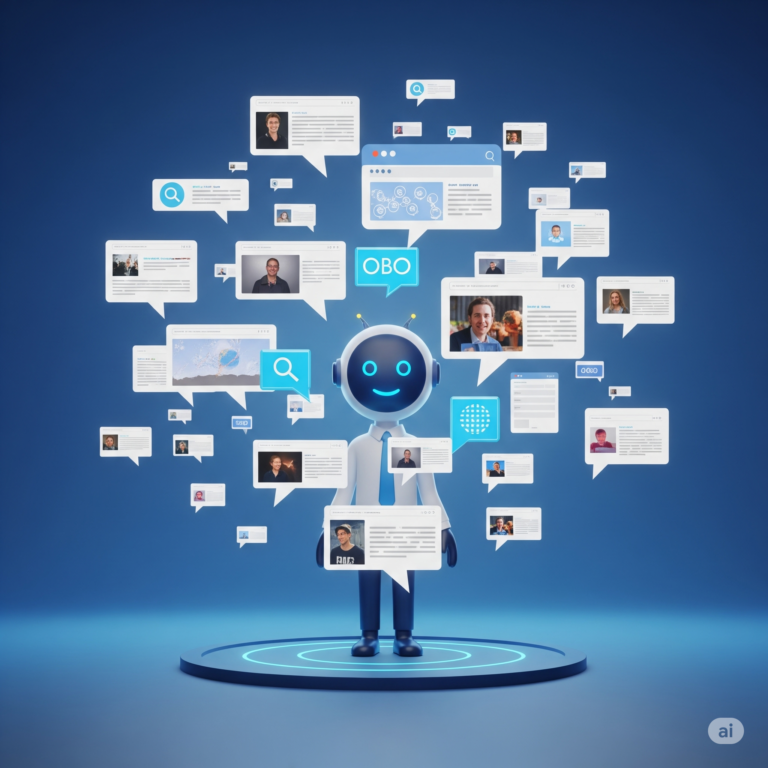
+ There are no comments
Add yours